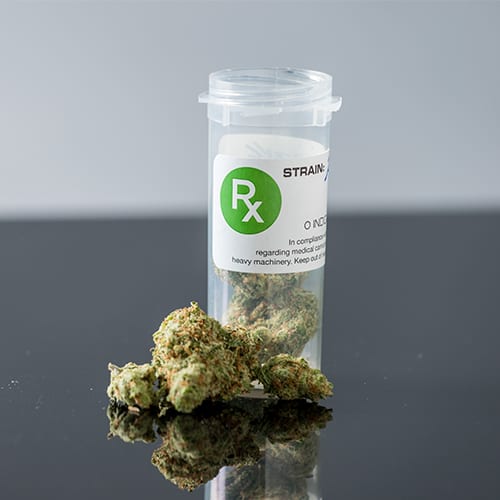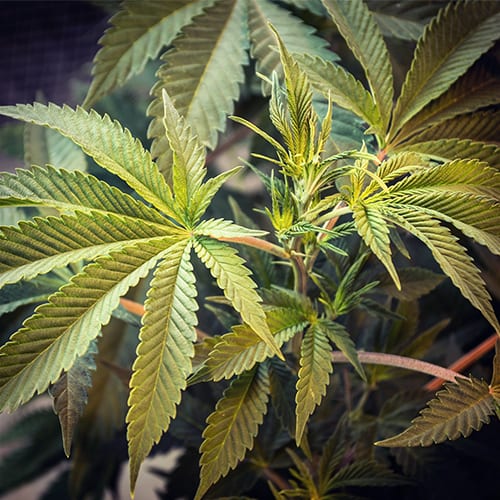
Previously thought to be detrimental to people with gambling disorders, addiction specialists may now have to rethink their position on cannabis as related to pathological gambling. New research from Canada and Boston has determined that synthetic cannabinoid receptor agonists, which mimic the effects of cannabis at a higher potency, improve “choice performance” in rats with gambling disorders.
Though gambling addiction occurs at a similar rate to schizophrenia and bipolar disorder, it receives less attention than deserved from clinicians and researchers. A complex addiction that does not follow the same neurological pathways as most drug addictions, neuroscientists know relatively little about the physical pathology of compulsive gambling.
Drug treatments essentially don’t exist, and drugs that compulsive gamblers do receive normally contribute to treating other psychological illnesses they may have, but aren’t necessarily designed to treat the gambling disorder itself. This latest research has not only uncovered a new lead that scientists can follow to uncover the addiction’s underlying pathology, but also implies cannabis as a potential treatment for this crippling disorder.
The authors from this publication, titled “Effects of various cannabinoid ligands on choice behaviour in a rat model of gambling,” administered a gambling test on rats analogous to the Iowa Gambling Task in humans that can identify the behavior of compulsive gamblers. After getting them high on synthetic cannabinoids (which are easier to acquire for research purposes than THC or cannabis) such as WIN 55,212-2, they re-assessed their decision-making skills with the rat gambling test.
The test mimics gambling by giving rats a chance to select between four “response holes” they can put their noses through, each with a different, increasing probability of a delicious food payout. After becoming familiar with the test, most rats opt for the response holes with optimum food payout, but certain minority of rats go back for the high-risk, high-payout options that are less favorable overall; these rats are said to have a gambling disorder.
Synthetic cannabinoids increased the advantageous the number of advantageous choices rats in the “suboptimal group” that were already making poor choices. Interestingly, synthetic cannabinoids did not have any effect in the optimal group that was already on the right track. Unsurprisingly, the synthetic cannabinoids also increased the time it took for most rats to make the decision, a fact that made the analysis difficult for the researchers.
With more work neuroscientists will uncover the story behind the endocannabinoid system’s role in compulsive gambling. Despite being in it’s initial stages of discovery, this research shows that cannabis may one day help those suffering from this financially crippling mental affliction.
Source – HighTimes





